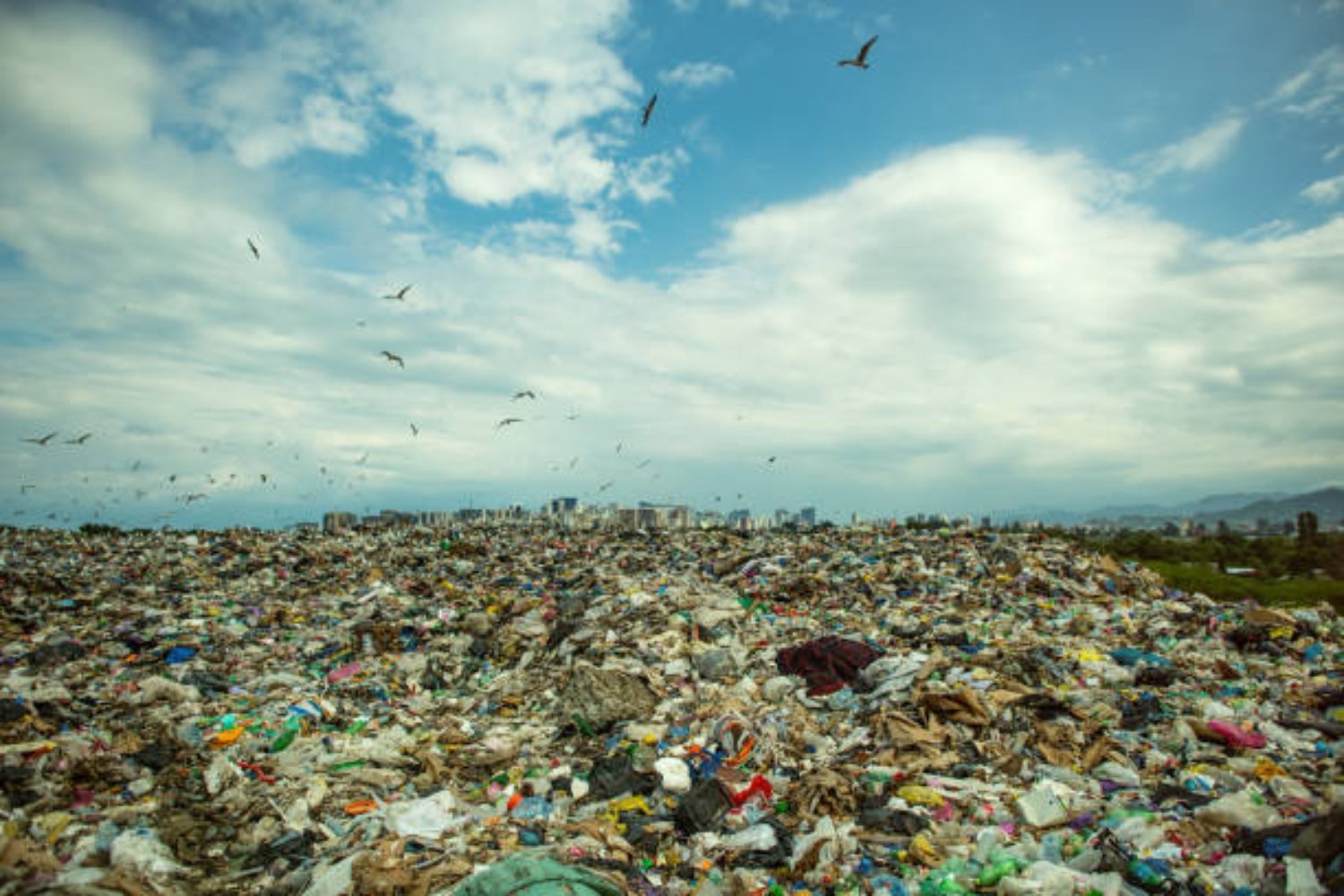Say bye-bye to solar panels: This cool invention turns trash into energy for your home!

The battle against climate change calls for innovative solutions, and a new invention is stepping up to the plate. Introducing a small generator that can turn plastic waste into electricity, offering a fresh alternative to traditional solar panels. With claims that this technology could revolutionize how we power our homes and industries, let’s dive into how it works and why it could potentially surpass solar energy.
### An Inventive Game Changer
Plastic waste has spiraled into a global crisis, doubling in production over the last two decades to over 350 million tons annually. As the demand for clean energy continues to rise, traditional solutions like solar panels can be expensive and challenging to implement in certain regions. Enter this new innovation—a shoebox-sized generator that transforms plastic waste into electricity through a pyrolysis process. By breaking down plastics at high temperatures without oxygen, it generates a synthetic gas (syngas) used for electricity production.
### How Waste Turns into Power
Not only does this generator convert plastic into electricity, but it does so with minimal polluting emissions thanks to a carbon capture system akin to vehicle exhaust filters. The process is straightforward yet groundbreaking:
1. Plastic waste is ground into fine powder.
2. The powder is heated to over 2000 degrees within the generator.
3. This heat triggers a thermal reaction that activates a steam turbine.
4. The turbine produces electricity while a filtering system minimizes emissions.
### A Solar Panel Rival?
One of the main hurdles for this invention is its initial high cost and reliance on climate conditions. In areas with limited solar exposure or where solar panel installation is tricky, this innovation could emerge as a feasible alternative. According to its creator, the device boasts several advantages over solar panels:
– Operates around the clock, regardless of sunlight.
– Recycles plastic waste, curbing pollution.
– Compact and easy to install, requiring less space than solar setups.
– Generates electricity at a lower cost, without the need for extensive infrastructures.
With the patent already secured with the US Patent and Trademark Office, this system claims to be the first worldwide that doesn’t rely on fossil fuels to produce energy from plastic. As it potentially scales up to an industrial level, it could not only substitute solar panels but also play a pivotal role in addressing the plastic crisis.
With the world’s focus on sustainable energy solutions, a groundbreaking invention has sparked a major debate: could trash be the new gold of clean energy?




